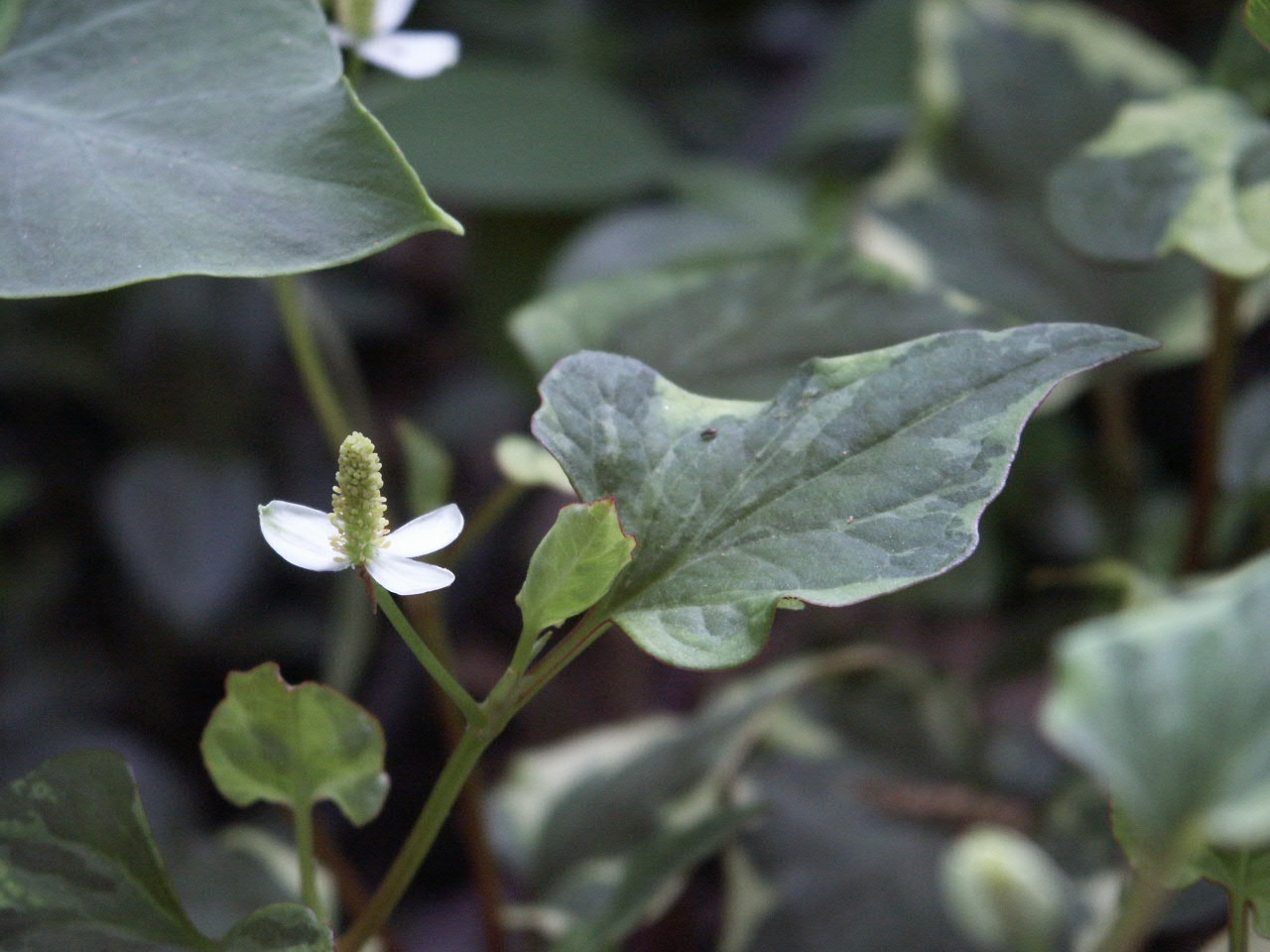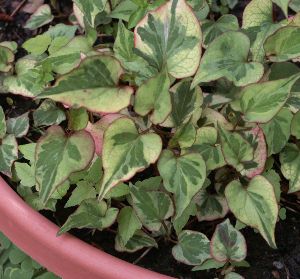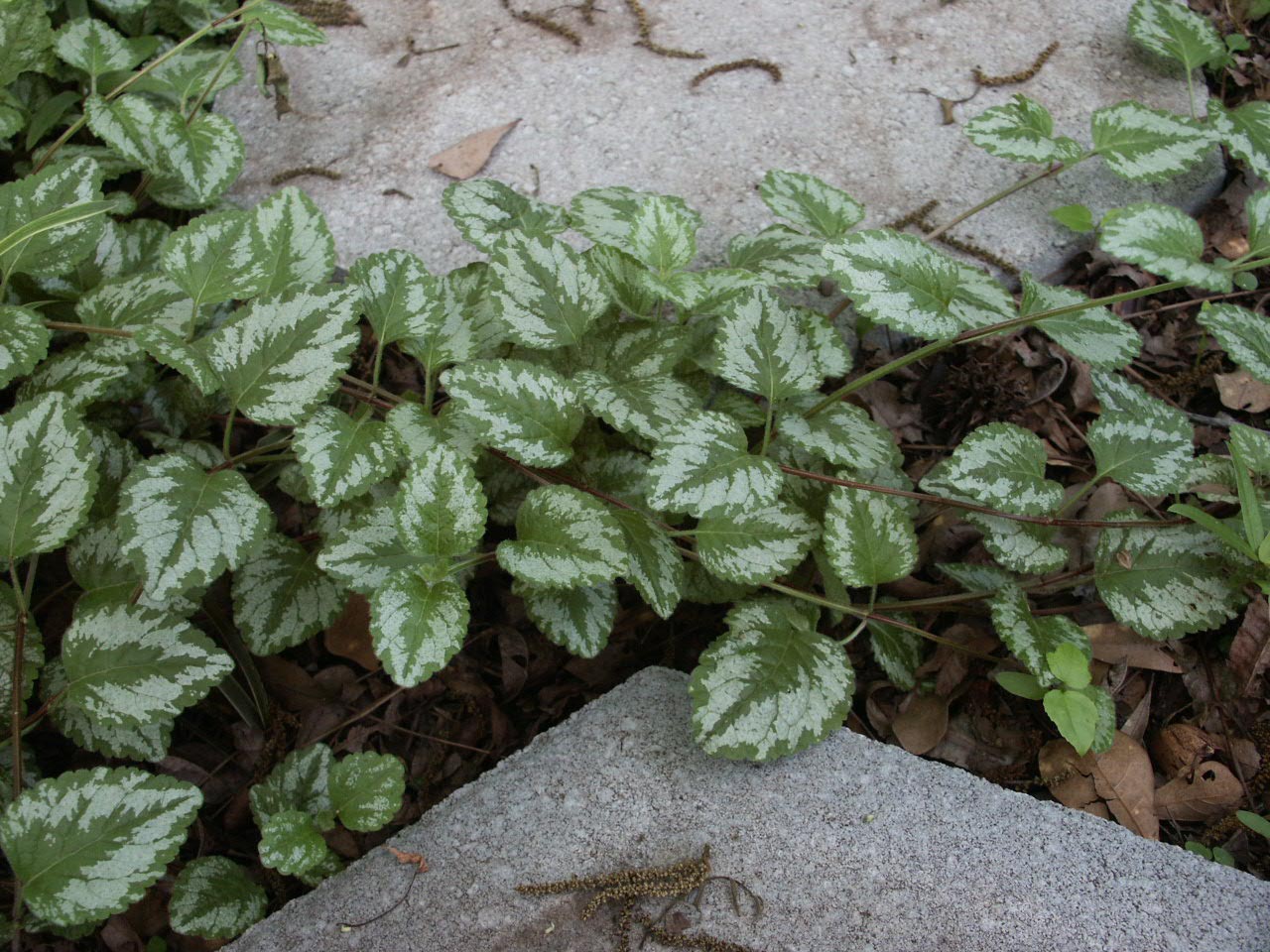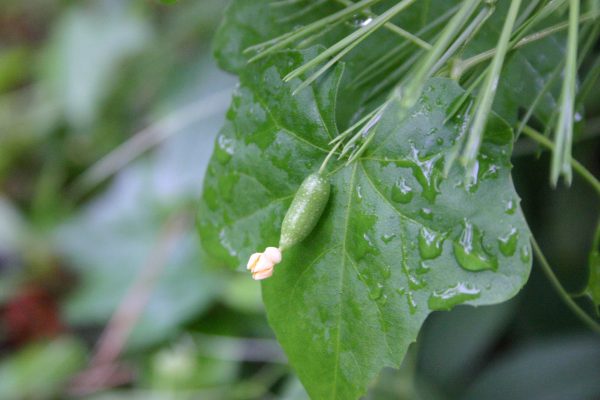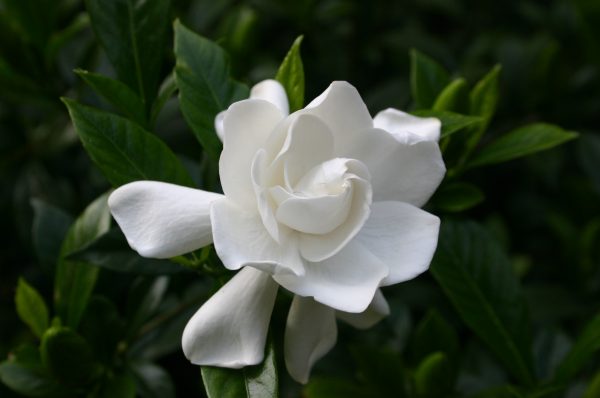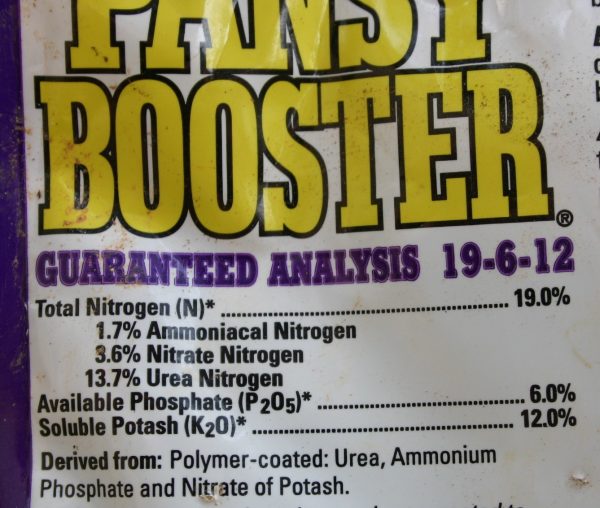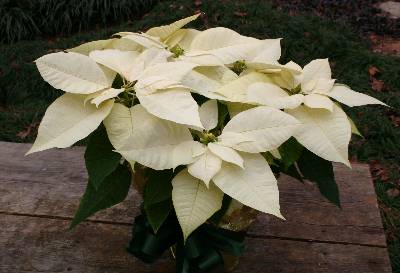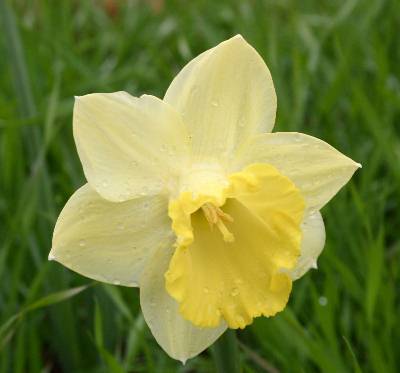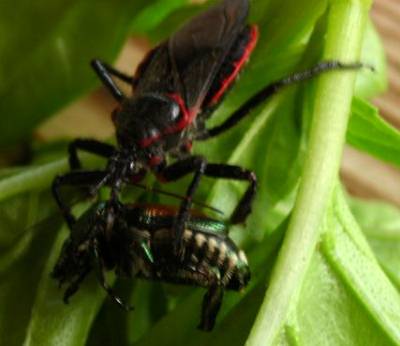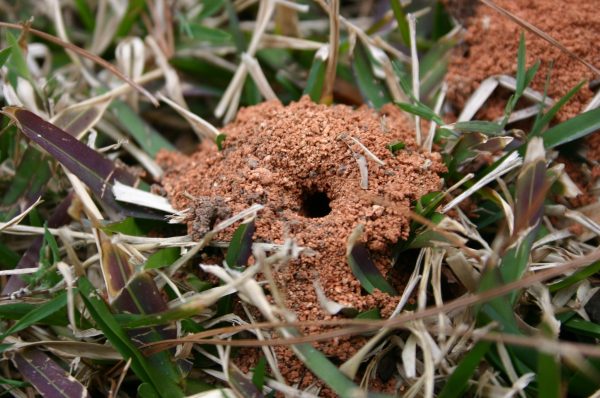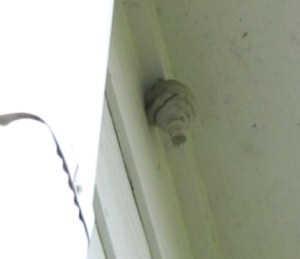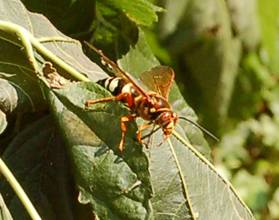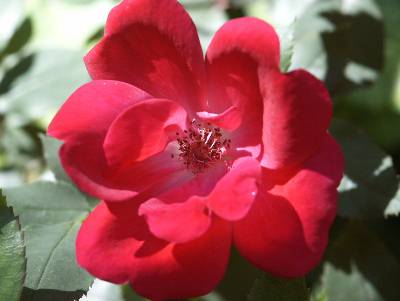Chameleon Plant – Fighting The Monster!
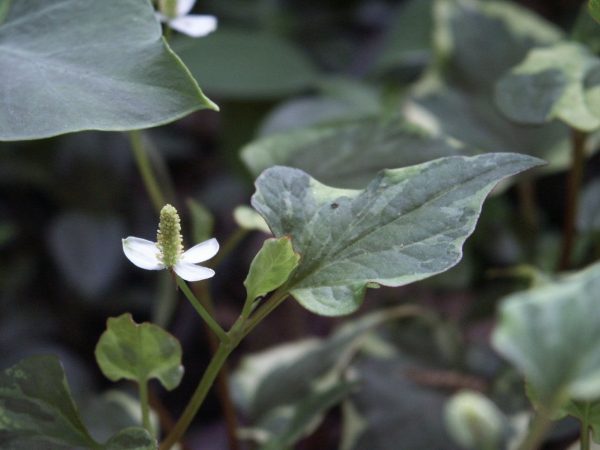
Q: HELP!! I thought the chameleon plant was so pretty when I bought it. For several years it was OK in the bed where it was planted. However, it has now taken over the bed and I want to get rid of the monster. No one told me it was invasive when I bought it. How do I get rid of it? Should I just poison everything, sacrifice my garden flowers and get replacements later? Or should I just dig them up and pull out any of the chameleon plant I see? Please help soon. It has already begun to emerge for the year!
A: The tone of your question is more suited to a horror movie than a gardening column but I can feel your pain! I, too, am battling the chameleon plant Houttuynia cordata plus its devil-in-disguise friend, yellow archangel Lamiastrum galeobdolon. I planted mine two years ago in a spot near daylilies. Last summer, when I could barely find the daylilies among the brightly colored chameleon leaves, I dug up the entire patch, separated the roots of the two and planted the daylilies in another spot. I heaped the soil from the infested bed in a mound in the far corner of my yard..
I noticed last week that chameleon leaves were peeking from the contaminated mound. I sprayed them with glyphosate (click for sources) and will continue to do so until I’m satisfied the plant is vanquished. Steve Mitchell, perennial garden curator at the State Botanical Garden, says they had to use the same technique to rid one of their beds of this attractively-foliaged pest. Hank Bruno, trails manager at Callaway Gardens says they have an invader of a different stripe: Japanese climbing fern. Though attractive, it continuously pops up around the azaleas and is difficult to control in their woodlands.
I occasionally see both chameleon plant and yellow archangel displayed for sale in garden centers. I shudder when I pass them, warn customers of their aggressive ways and consider surreptitiously spraying them with herbicide before another gardener meets the fate you and I share.


